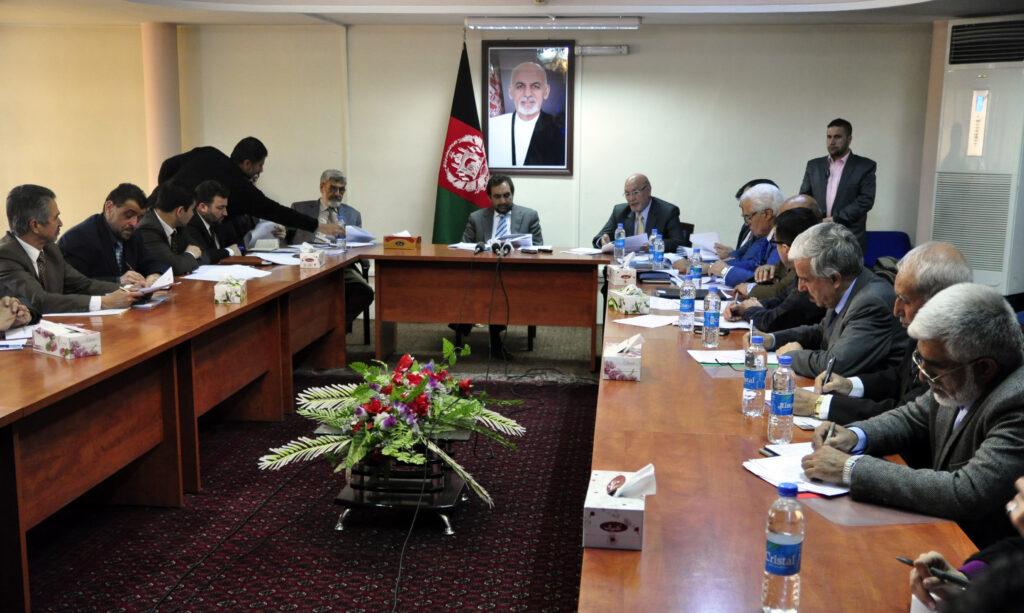KABUL’s water crisis and effectively manage the available water resources.
Massoud expressed these views at a maiden meeting of the Supreme Council for Water Affairs Management since the unity government’s formation in Kabul.
The council, comprising officials from eight government departments, has an overall coordinating and supervising role for the ministries and agencies dealing with water development and has a decision-making power with regard to national plans and policies for the water sector.
The special representative said though Afghanistan had received huge financial aid from the international community during the past 13 years, nothing special had been done to manage the country’s water resources or build a big hydropower dam.
Massoud said Afghanistan’s waters had a special importance and the issue needed to be considered a national one. He said Afghanistan had previously been lacking a strong political will to manage and store the country’s water resources and to resolve the water issue in coordination with the Supreme Council for Water Affairs Management.
Deputy Water and Energy Minister Eng. Shujauddin Ziayee, who is a member of the supreme council, blamed Afghanistan’s failure to achieve something big in managing and utilising its water resources on a lack of interest by the international community.
He said if the incumbent government had the intention to resolve the water management issue, it should take practical steps in light of policies and action plans the council had worked out.
He said currently Afghanistan’s 97 percent water was not used inside the country and flowed into neighbouring countries. Only the remaining three percent of water was properly used in Afghanistan, he said.
ma







GET IN TOUCH
NEWSLETTER
SUGGEST A STORY
PAJHWOK MOBILE APP